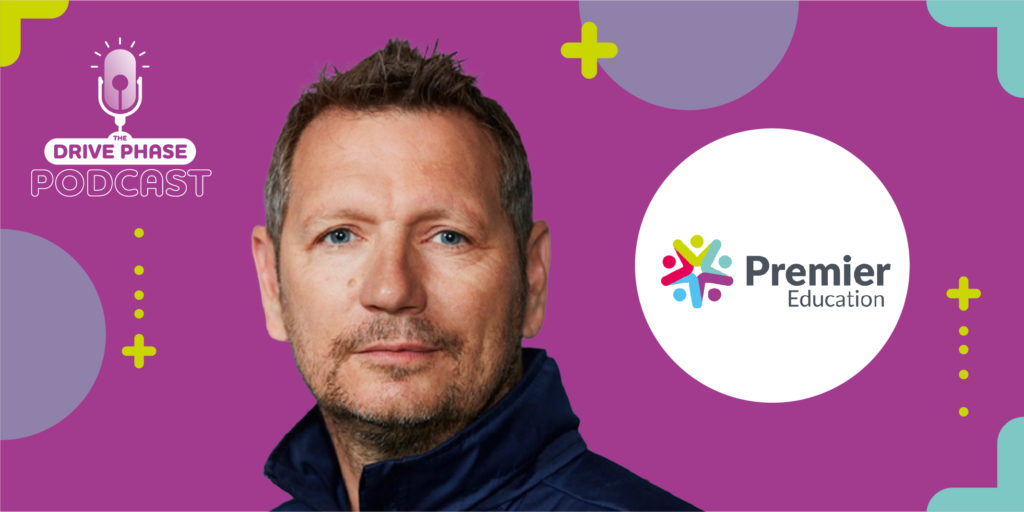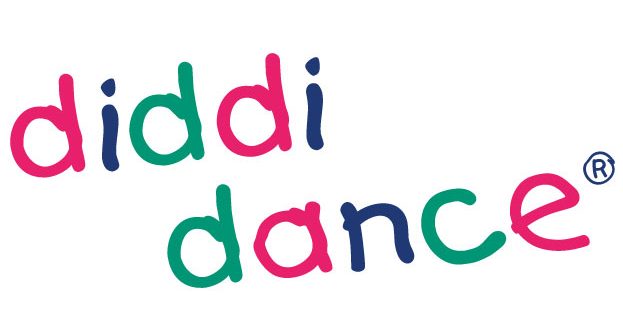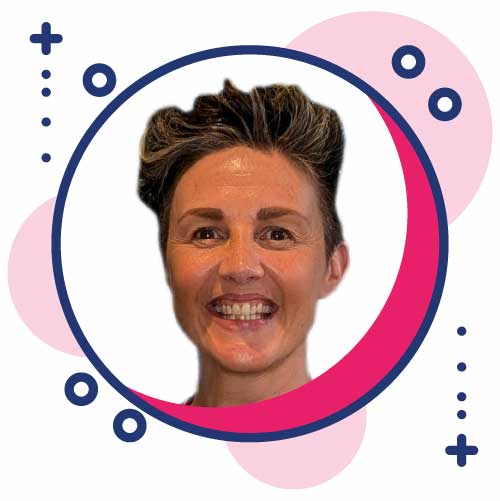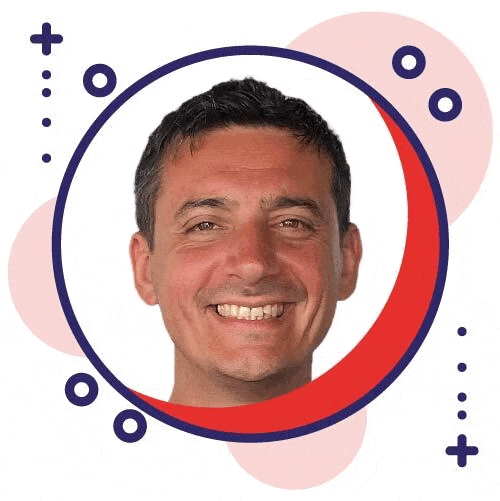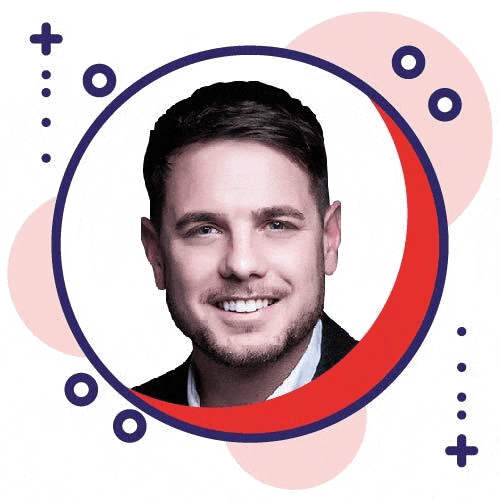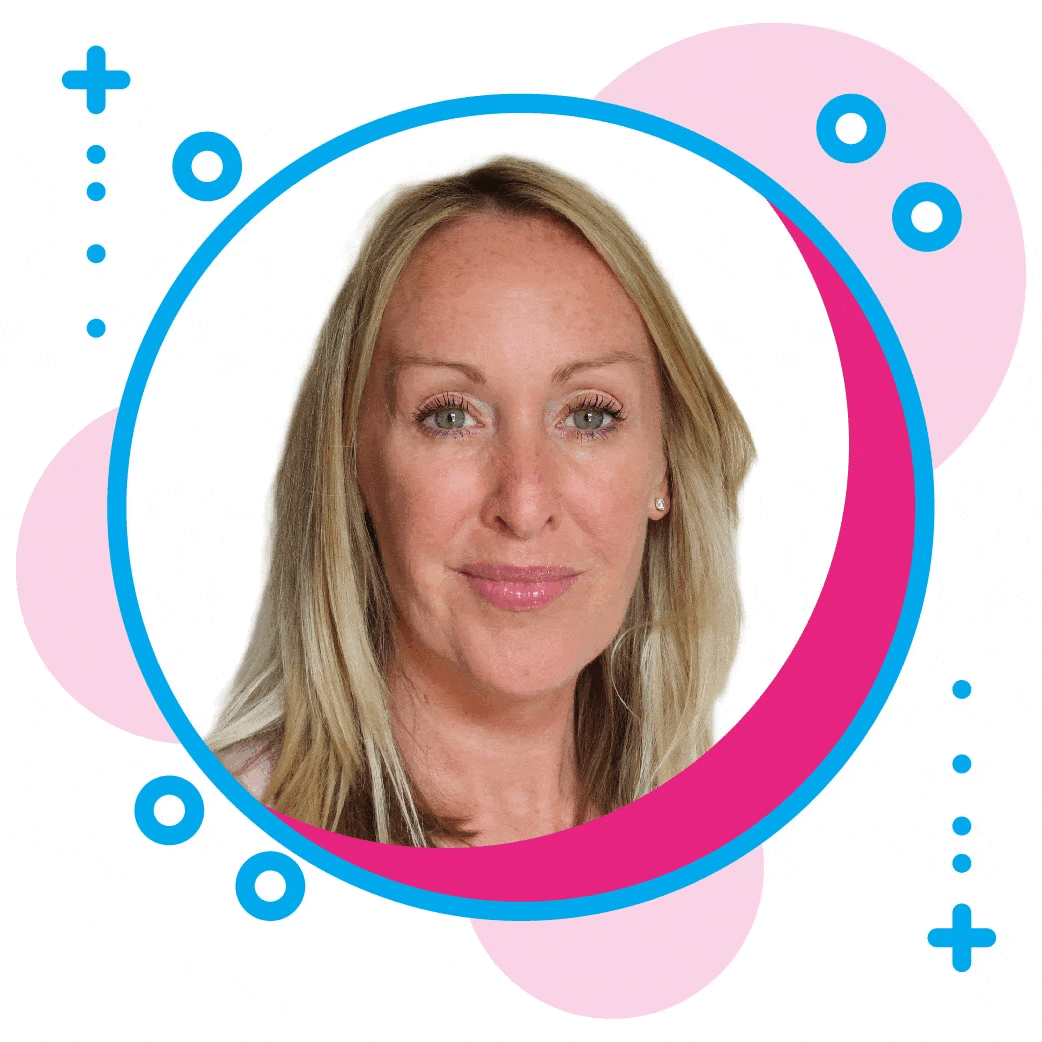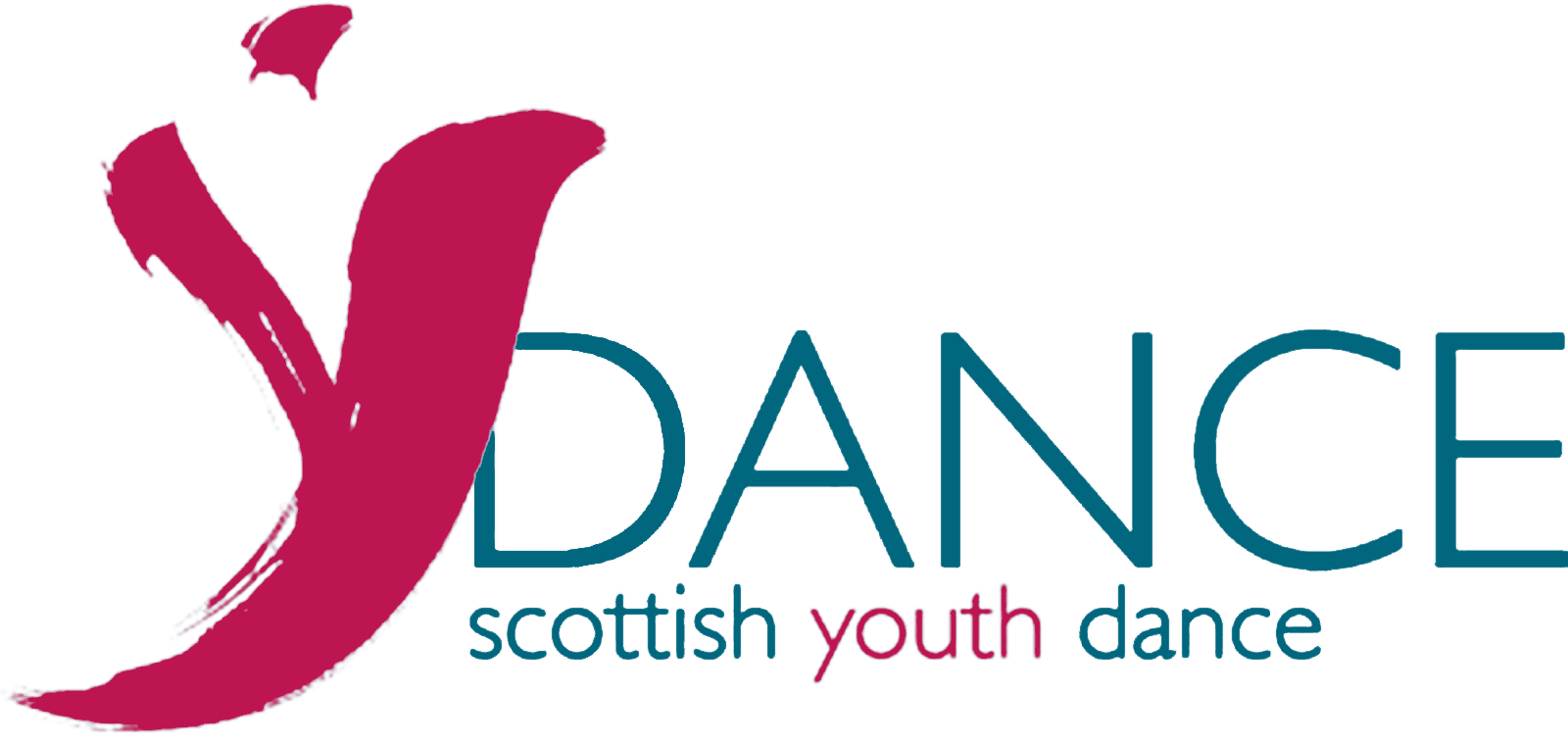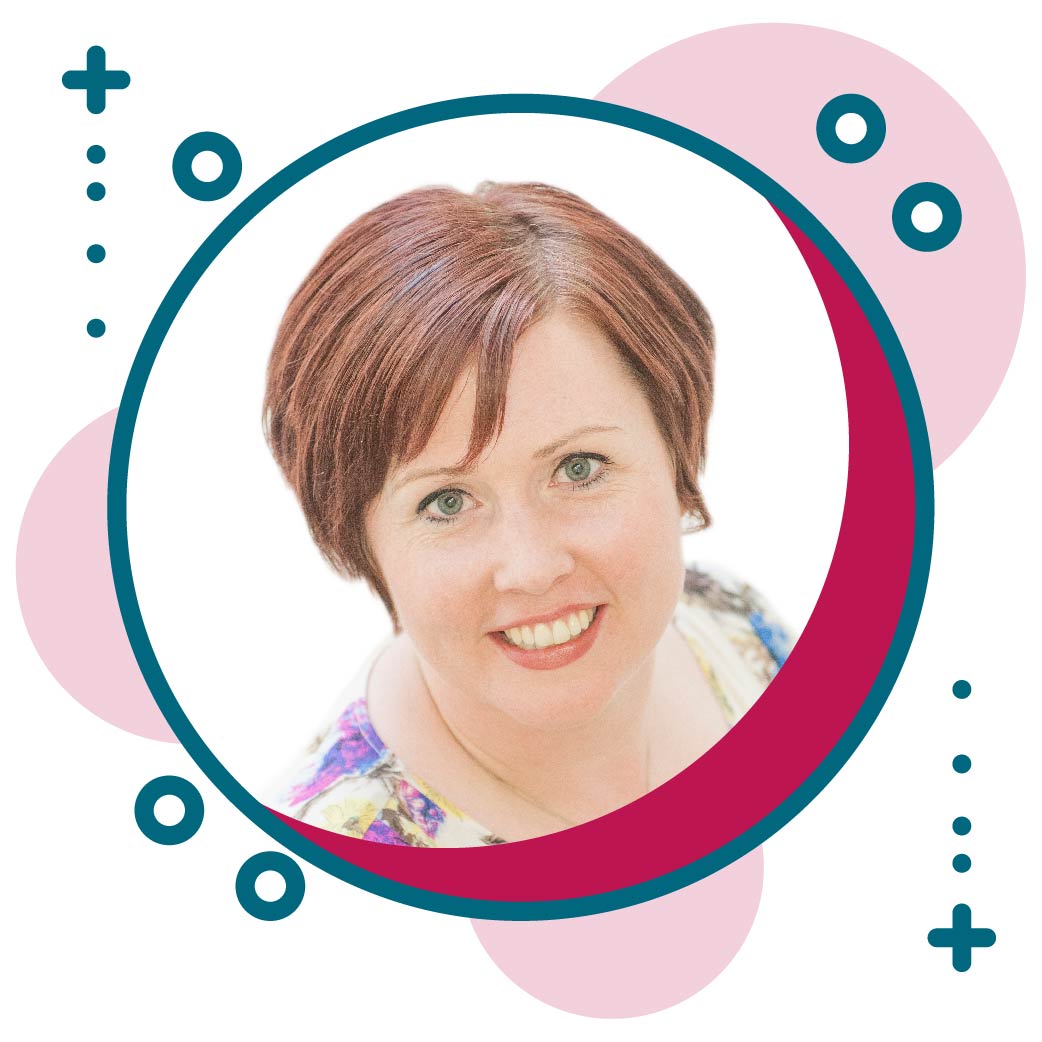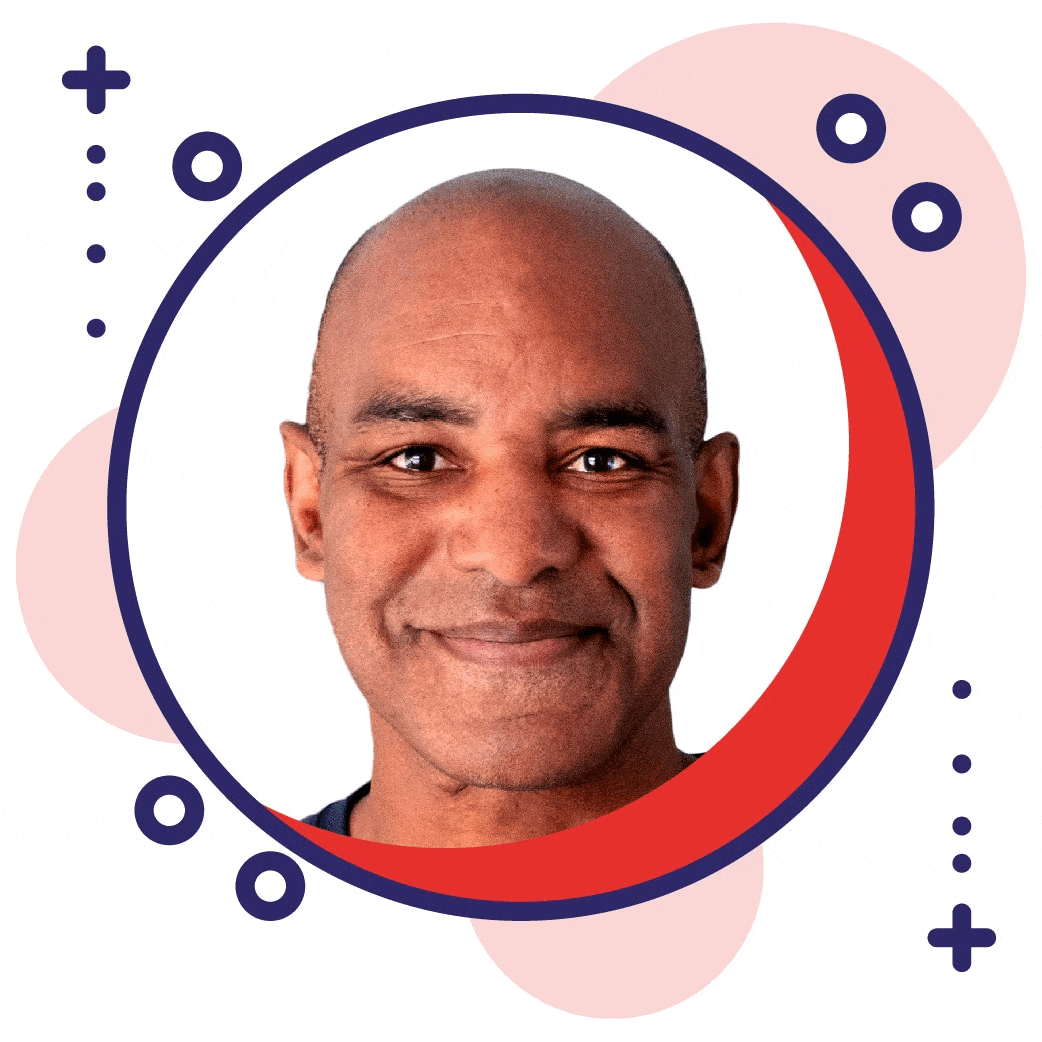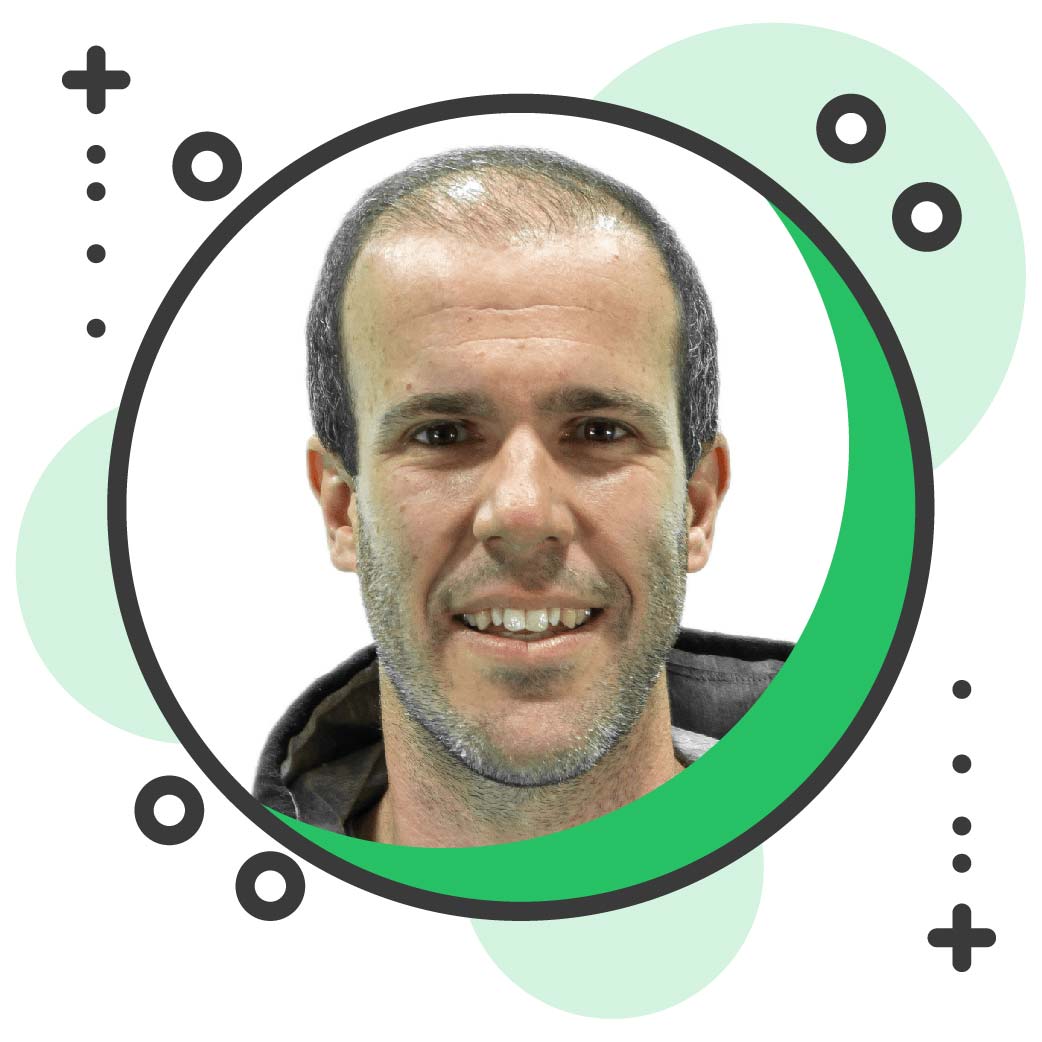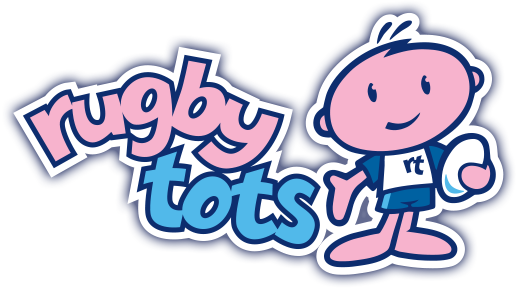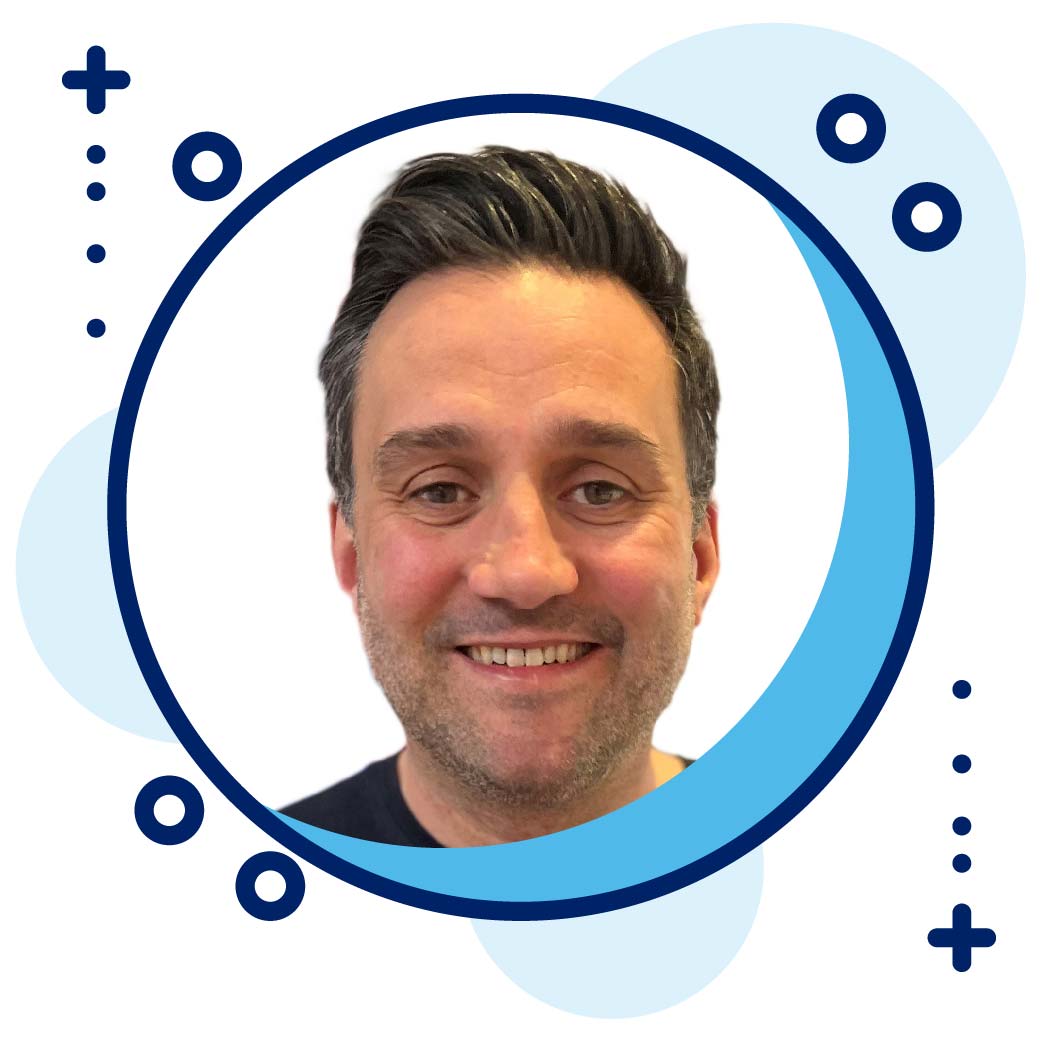David Batch 0:00
When we went through that investment phase, I sold a bit of equity, and we were going to float onto the AIM market. And for anyone who’s ever done this, it costs a lot of money. We took on investment to support us through that journey. And we signed off a three-day announcement to say that we’d be coming on the market. That was on a Friday, so we had a little glass of champagne to celebrate. Then over the weekend, our broker, who helped us raise the money and work with us on the project, went bust. And that was the start of the financial crisis.
James Moore 1:04
From Coordinate Sport, it’s the Drive Phase. A show about sports founders, leaders and experts, and the stories behind their business journeys. Our guest on this episode is David Batch, founder and chief executive of the Premier Education Group, the number one provider of sport and physical activity to primary schools in the UK. David is a real inspiration to business owners in our sector, a pioneer in the franchise model to national coverage over the last 20 years. During the episode, you get to know David and his journey from professional football to launching and scaling the Premier brand. And more recently, going through acquisitions within the education sector. David speaks candidly about his business philosophies and the importance of creating and maintaining strong strategic partnerships. Sit back, enjoy and take notes from a market-leading CEO in action.
We’re really excited to have David Batch, Founder and CEO of Premier Education Group, with us today. A real pioneer in the industry. He started in 1999, and he’s grown a business to now work with over 240,000 children every year. The group has multiple businesses and a really large franchise operation that we’re going to touch on today. We have lots to cover, so thanks very much for your time, David.
David Batch 2:23
No, It’s great to be invited. Thank you so much.
James Moore 2:26
Now, usually, we look at early life first. But I think it’s probably important to set the scene and give a bit of context really for the listeners, just around the Premier Education Group.
David Batch 2:36
We started our business in 1999, and that business predominantly was what would now be the children’s activity space. To begin with, it was purely holiday courses. And that developed into working within and around schools, during school curricular time over the years. And that is still the absolute core of the business. That is what we do, and that is what we are known for. And that is where we get those numbers.
James Moore 3:07
So is that Premier then David, that’s Premier Sport?
David Batch 3:11
Yeah, that was Premier Sport, and we now call it Activate because we have much more than sport going on in that business with life skills, wellbeing and performing arts. So I’m sure we’ll cover some of that a bit later. But to help support that, during the journey we’ve been on, we realised that the training of the staff that we were taking on probably wasn’t to the level that we wanted it in our franchise network. So we set up a training business, which is much more fluid for the needs of our franchise owners and the staff working in schools. We’ve got about 1200 staff, that would be pre-COVID, working in schools every day. So they’re what we call the Premier operating standards. And we need to ensure that all of those have access to the training at the right time. And the right training. So we set our own training business, which does that. It doesn’t just do our internal network. It does external work as well with other organisations. And that has evolved into working in apprenticeships as well. And this year, at one point, the highest we had was 178 apprentices working through that particular business. So that’s great, and it’s all designed around driving standards. That’s the whole point of it. That’s why we did it. We set up our training business because we want the standards in our activity business to be much, much higher, and they are already high.
James Moore 5:01
That might be a good one to touch on later as well with the apprenticeships and standards. I’m not sure if there is one, but I know it’s been in the works for a while, an apprenticeship standard for the industry. Is that through yet?
David Batch 5:15
Yeah, well, that is in the development. But yeah, it certainly would be much better to have an industry-standard one, which could be endorsed and recognised. So that is important. We also realised that the qualifications our guys were doing weren’t relevant, or to the level that we wanted for our staff. It always seemed like we were cobbling together qualifications. And saying well, if you’ve got both of these, then you may have the skills. And what we did is we invested in setting up an awarding organisation, which is now Ofqual regulated. And that organisation writes qualifications, but not just for us. We’ve got qualifications going into prisons, we’ve got qualifications going into schools, going into lots of different sports and governing bodies. And of course, qualifications for our network of staff. We think these push the boundaries and give them the right skills and qualities to work in the setting they’re working in, which is great because it makes the activity work that we do with the kids better. So that was a journey there. The other group that we purchased probably about five, six years ago is a school improvement business. And we have several experts working with local authorities and working with multiple Academy trusts with individual schools. So they’re going in and supporting the senior leaders and governors in schools to help them deliver better education for the kids. And that fits in because it’s a similar model to what we do, deploying high-quality people who support school improvement. But it also fits in with us because those people can help ensure and externally verify the quality of work we’re delivering in schools. So that is our group in a nutshell. And yeah, it’s a bit different to what it was in 1999, that’s for certain.
James Moore 7:54
It’s all about quality, all the different strands, improving those standards and quality of delivery. Okay, then, we needed to look at the breadth of the operation and the context, but if you’d like to travel back and talk about your early life. I don’t know if it was that long ago, but just from our research, it seems like you’ve always been destined to be an entrepreneur. Maybe you could talk to us about your childhood, and I guess the first early memories of your school life, what was that like?
David Batch 8:22
I think what you’re referring to there is the piece where me and my friend, and he’s still my best friend, used to hustle a little bit at school. We tried to make the best out of the situation we were in and would sell things to our classmates. We were copying things that we probably shouldn’t be copying and selling music tapes. One of the things that the school did to encourage entrepreneurship was that the year 11’s would always have a business they ran from the school, and we set one up.
James Moore 9:09
Okay, like chopping boards?
David Batch 9:11
Yeah, we bought planks of wood for virtually nothing, got one of the dads to do a little bit of woodwork and carve a little thing on the side, and we sold them for what we thought at the time was a ridiculous amount of money at about six pounds, I think it was. We used to take them to craft fairs and things, and we did pretty well out of it. So the whole point was showing us how to turn raw material into a product and where to sell it. I quite enjoyed all that, it was good. When I left school, I got back into sport, and there I had found my passion. Even when I was working, and even when I was working in sport, after that, I still felt a little bit itchy all the time that I needed to go out and do something and create something. My last, I suppose, job was working at a football club where I was the under eighteen coach. I was actually the youngest full-time football coach in a professional club in the country at the time, and it was great. I did it for about four years, I think, but I did find myself getting itchy feet and that I needed to go out and do something. My mate that I referred to at the start, I visited him while I was working there. He was running a few football courses, which I helped him to set up. And I felt really jealous of him that he had a lifestyle where he was creating something and making things happen. And at that point, I decided that’s what I wanted to do.
James Moore 11:06
Whereabouts did you grow up, and what was school like for you? Obviously, we’re going to talk about the work that your organisation is doing in schools. But what was your experience of sport and PE in primary school, and how did that impact you?
David Batch 11:18
At primary school, we played games and had PE most days, which was great, and something I certainly enjoyed. High School for me was during that period of the teachers strike, and probably not many people listening to this can remember that time. So pretty much all sports ceased, and all extracurricular activities ceased. And we didn’t do a lot. It certainly didn’t affect me because I had outside interests. But I think from an education perspective, my experience of school wasn’t necessarily the academia. I was competent at school. I was going to pass all my GCSEs no matter how much I tried, which was quite fortunate. But I suppose the downside of that meant I didn’t try particularly hard. I concentrated more on the social element of school. And I don’t think that should be underestimated. That’s really important, and you can see that now with kids in COVID and stuff. That interaction is really important, and to any young people who might be listening and growing up thinking that an academic education is the most important thing. When somebody leaves school and goes into the real world, you’ll see that not many people make their mark on their own. I would say that virtually everybody makes their mark with teams of people. Learning to work with others is absolutely crucial, in my opinion, and is a bigger marker for future lives than an exam. Although, I would never tell my kids that.
James Moore 13:07
In terms of leaving school and that teamwork, that probably reflects your being heavily football-focused, I would imagine. And you were a professional footballer at one time. Is that right?
David Batch 13:21
Yeah, I had a shirt, and they gave me some money for it, although not a lot. I played for two or three managers. And from a business perspective, you wouldn’t think that they could teach you anything, because what’s a football manager got to do with everyday life? But I learned some absolutely key lessons from that time, and now I smile fondly. I can honestly say that the managers I had as a 15-18-year-old were some of the biggest influences on my life, just in terms of how they managed people who had done wrong sometimes, that expectation, that discipline, that organisation. One of the managers I have was an absolute visionary. He wasn’t seeing it at the time, but he was doing things, and we were doing things with him in 1988 that has only become commonplace in the last ten years.
James Moore 14:32
Were they having you do yoga and stuff like that back then?
David Batch 14:34
Yeah, it’s true. Stretching, nutrition, drinks, you know, and people laughed at us. He was miles ahead of the time. And all of those things, that innovation, that discipline, that organisation, that rhythm, that expectation. All of those are really important life lessons to take away and certainly things I’ve used where possible.
James Moore 14:59
I know you touched on it a little bit earlier, that after football, you were looking into the coaching badges and getting qualified to a high level at an early age. Is that because you always knew you wanted to get into coaching?
David Batch 15:11
I wouldn’t say I always wanted to coach. It was never something that I set off to do. I found myself in a situation where I would be training with the first team every day. The first team were two years older than me. We were one club. And it was an interesting time because the club was at a point where they went from Division Four, which is League Two now, to the playoffs to get into the first-ever Premier League in successive seasons. And no club has ever done that. Ever. And no one else has ever since. So there was some great stuff going on and some really good lessons to learn. And what I found was that I still liked hanging around. I wasn’t in the first team, but I was Captain of the reserve team, and I was training with the first team most days. So I wasn’t in the first team for any competitive matching, but I just found myself hanging around all the time and just wanted to listen. When other people were standing outside during halftime, I would sit in the drying room listening to the team talks because I found it really interesting. So I didn’t set out to do that as part of my career. It just happened. About two years after I’d left, the then manager, Gary Johnson, who most notably was at Bristol City in the championship recently, and his son Lee took over subsequently as well, and he played for me. But Gary asked me to come and do work with the school boards at Cambridge, which sent me on to what is now my UEFA A badge. I was 20 years old, and fortunately, I passed it. And at the time, I was the youngest person to have done so. I don’t know whether anyone has done it younger since, but I found myself on that journey. So it wasn’t the intention at all.
James Moore 15:57
And it was at that point when you visited your friend who was doing the camps, which was the birth of Premier?
David Batch 17:34
Well, it was a few years after that. I became the new team manager as I said, working with the first team players, and I was the reserve team manager for a while. And it was on a trip. We had a Youth Cup game against Swanzey, so I went on a scouting trip to watch one of their matches. I was watching Swanzey that night, and we played them the next day, and we beat them, actually. But on the way down, I stopped out with my mate, and that was when I thought I wanted to be doing what he was doing.
James Moore 18:13
And what did that look like, your first ever camp that you ran by yourself, or were you helping him out? And did you have the Premier branding back then, or was it called something else?
David Batch 18:27
When I was at Cambridge, I helped him set up some courses in Bristol, where he lived. We had an agreement that if I ever left, I would set up on this side of the country, and he would continue on that side. And we did that together as separate businesses but using the same brand. Which I suppose is that power of working in partnership, like franchising. He stopped doing it after a year or so after we made that partnership, but he’d been doing it for a couple of years before I jumped in. And at that point, I left Cambridge, I think it was in April 1999, and I just had nothing to do. So the first thought was, well, I wanted to do these camps. And I think we set up about 60 camps that summer. I took some staff on from people I knew. We took three people on it at the time, and two of them are still with us now. One has been our franchisee of the year for the last couple of years. And the other one has a franchise in London, quite a big franchise, which he doesn’t work in on a daily basis. But both of them are senior members of our leadership team, one in terms of expanding our business development, talking to companies joining our network, and the other working to support our franchise. So those early days have bought some quite important fruits.
James Moore 20:09
At the time, did you know you were onto something? That’s one of the questions I always ask. Because you set up the camps, and obviously, you weren’t messing around and rolled out 60 straightaway. Was it then you thought like this could be a national business? Did you have that grand vision at the start?
David Batch 20:30
I wish I could say that I wrote down exactly what we’d do and how we’d go about doing it, but I can’t. And I say we, because it goes back to that point where without people like those two guys and lots of other people on the way, none of it would have happened. You can’t do it on your own. But pretty much for the first, probably seven or eight years of the business, I operated as an owner-operator, as a lot of people do. And this is something that we talk about with our franchisees, but I think running a business is a journey. There are not many people, and certainly not many SMEs that go out raise 30 million to go and build a business that they’re going to sell four-five years later, for 150. It does happen, of course, particularly in software and things like that, but it doesn’t happen much. The route more trodden is the one where you set something up, it starts going well, you start expanding it a bit, and then all of a sudden, it starts getting bigger and bigger and bigger. But there are certainly defined stages. We talk to our franchisees about some of those stages. What they are and what kind of different experiences you will have during those times, and how to overcome them. Because it is a journey, and nothing’s ever right. You’re always trying to improve something. You’re always trying to make something better. But each section of that journey needs to be negotiated before you move on to the next. And the challenges remain the same throughout all stages of those journeys. The numbers just get bigger.
James Moore 22:25
We always touch on in terms of your decision to franchise. Obviously, you had already done it with the Bristol and the Norfolk connection, but what was your journey in franchising? I guess it’s a journey for the group as well. Did you always know you were going to franchise, and how did you decide to go that route?
David Batch 22:47
So years ago, I worked for a company that did football camps before I got into full-time football coaching in a professional club. I used to do some football camps for a private company. And I ended up buying that company and then selling it on when I went into football full time. I always found that the reach was limited. It was difficult to get that scale operating on that model. And I saw the birth of football in the community schemes and saw all the same issues around growth. And when I set up Premier in 1999, we ran the holiday courses that summer, and then straight away in September started to franchise.
James Moore 23:40
So that was after five or six months?
David Batch 23:45
Yeah. It was taking those three guys who were working with us, two of them still with us today and doing great stuff, and the other one went on to a career in professional football and still works in professional football now. So it was a good little crew. But let me put it into perspective, the franchising support, franchising set-up, and franchising agreement now looks nothing like it did then. The concept was there. We would grow and expand by working with partners, in this case, franchisees. That was the concept. And we did that for a short period, probably about seven or eight years as an owner-operator. After that, I started to get serious. One of the first things that helped get me really serious was when I spoke to the franchise advisor at NatWest and other franchising consultancy experts. My question to them was, tell me the one person in this country I can go and speak to who could help me set up a brilliant franchise organisation. And all three people said the same person, interestingly. They said he looks nothing like him, but he is the David Beckham of franchising. Go and speak to this guy. He was a former chair of the British Franchise Association. So I took him out for lunch in Nottingham, told him what we did, and eventually, he became our chair. And he was our chair for about ten years. And, of course, the sort of things you learn from somebody who’s already built a huge franchise network and sold it, about what agreements look like, about what standard practice needs to be, about what excellent practice looks like and what we need to do to be an excellent franchise was invaluable. And there are the things that we put into our business and most of those things we still do today.
James Moore 26:24
In terms of growing and finding that team, which has been a great team from the start, I’m interested to hear how you scaled up from there. So was it a case of outside investment? Did you ever have to take on any investment externally or selling equity to grow as rapidly as you did?
David Batch 26:45
To begin with, for the first few years when I was an owner-operator, we just grew organically. We grew through recommendations. And as a result of that, we ended up with about 20 franchisees. The franchise agreement at that time was a single-unit operator, so they were going out and earning a living, and they’ve evolved with us. Some of those early ones, in particular, have grown with us because, after seven or eight years, I had the approach to sell some equity in the business, and we took some finance on to expand the business. It didn’t go exactly as we planned it to, but it helped us expand and understand, certainly me to understand, that if I’m going to build a business, I can’t be an owner-operator anymore. It has to be different. And in terms of franchise recruitment, which was your question, that was when we altered our approach to become less organic. It became okay, how are we going to take on X amount of franchisees a year? How are we going to grow their businesses with them? How are we going to support them to do that? What processes, systems, and underpinning knowledge do they need to know? And how do we deliver it? And that was when I realised that actually, the business of operating a franchise isn’t simply this is what we do. If you copy it, you’ll be fine. And I see that a lot. I see it with many franchisees, not just in our sector, but I see it a lot. And when I see that, I know that was our journey, but it’s certainly not what you should be doing. Because if a franchisee has to go down the same journey as we did, I’m doing something wrong.
James Moore 28:56
Yeah, exactly. You’ve got a business in a box, and the franchisees don’t need to face the challenges you’ve had to go through. What’s been one major setback on that journey of scaling up? I know you’ve had probably many, but what was one that sticks out as a huge setback?
David Batch 29:12
When we went through that investment phase, I sold a bit of equity, and we were going to float onto the AIM market. And for anyone who’s ever done this, it costs a lot of money. We took on investment to support us through that journey. And we signed off a three-day announcement to say that we’d be coming on the market. That was on a Friday, so we had a little glass of champagne to celebrate. Then over the weekend, our broker, who helped us raise the money and work with us on the project, went bust. And that was the start of the financial crisis.
James Moore 30:10
So this is right in the middle of the credit crisis, 2008?
David Batch 30:14
It was right at the very start of it, and I can remember a few weeks after it happened, someone said to me blimey, that was probably the best thing that could have happened. And I didn’t quite comprehend that at the time.
James Moore 30:37
So did that mean you didn’t go onto the market then, at that point?
David Batch 30:40
It means we didn’t go onto the market. We didn’t list the business, which meant that the next round of funding couldn’t happen. And we had a hell of a lot of costs that we’ve racked up over the previous year. I’ve read one of Duncan Bannatyne books, and he’s got a whole chapter on it when he was in the process of floating Ballantine’s, and he calls the chapter swimming with sharks. And I think that’s a great description of what that experience is like. There are so many costs. There are lots of people who can help get you onto the market or get those regulations you require, But all of them like a large fee. It’s certainly an expensive job.
James Moore 31:38
I guess with entrepreneurs, everyone maybe dreams about that IPO stage. But is that something you reckon you’re going to go back and look at again? Or do you think it’s not on the cards anymore?
David Batch 31:48
Well, an exit strategy will be something we put in place at some point. And the important thing around that is making sure the business is building to a state where it’s exit-able. That’s the most important thing. We are doing that, and what that exit will look like, who knows? That is the final part of the jigsaw to plan out what that looks like, and then we can go and execute that. We’ve recently taken on a new chair who’s done that before with training providers and works with institutional investors to be chair and executive chair in the edge of companies in the educational space. So it needs to be planned that if I’m not there, or other key people aren’t there, that somebody else is.
James Moore 32:41
Just moving over to the challenges, I guess this might be one for you back in the early days, but franchisees could be facing them all the time. Obviously, we’ve got a huge one at the moment, but in terms of day to day business challenges, the ones that come up all the time in our sector, in your business. What would those be? And what do you put in place to deal with them?
David Batch 33:01
For me, there are four key pillars of any business. And as I said to you earlier, whatever element of the journey you’re at, I don’t think the challenges change. They just get bigger. And those four challenges are very much strategic, execution, cash, and people. That’s it, that’s all I do. The strategic one is probably not one that you would end up dealing with on a day to day basis. But the other three, certainly, the execution of that strategic plan, making sure that the cash is coming in when it should be coming in. Making sure that is controlled. Look at Dell computers. Michael Dell, I think, brought the company back after originally selling it and spent some three years just working on that one pillar and changed the whole business around. Because they were spending their cash on parts, putting it into production, churning out a computer, giving it to a distributor or shop, and then they were selling it and so the life cycle of their cash or when they spent it to when they got it was in order.
James Moore 34:15
Like six months or something.
David Batch 34:16
Yeah, he changed it around. You go online, press what you want on your computer, you choose it, and then he goes and buys the parts and builds it for you within seven days. And that was a complete flip. So that’s really important. And then, of course, there are the people. Which either as one person, you haven’t got enough, and that’s an issue. Or you get to a point where you have lots of people, and as we’ve seen with COVID, in some cases, managing people through that would have and is one of the biggest challenges because you’re dealing with people’s lives.
James Moore 34:53
What would you say are some of the myths or misconceptions in the industry? Something that you might hear often and pushes your buttons?
David Batch 35:06
I can only talk about our business and what we do. At the very outset of our industry, it was referred to as white van man. We all know why that was said and the myth around that. And some people still believe that. The fact of the matter is, there will be people in our industry that aren’t at the level they should be.
James Moore 35:35
Yeah, there are good and bad operators in every industry. That’s the reason for capitalism.
David Batch 35:39
In every industry and every profession, there will be good and bad. But to tarnish the whole industry with that brush does wind me up, especially when I see the evidence. And by evidence, I mean the actual impact on the kids. And I can see what the schools, teachers and the parents say about the impact. And that is disappointing that people focus more on who is delivering rather than the impact of that delivery. Because for me, it’s all about the impact. Ofsted has the three I’s, and the last one is impact. Does it matter who influenced that impact? If the impact is high, then it should be celebrated.
James Moore 35:40
Definitely, and that brings me on to when you said about what people are delivering, I mean, for you and Premier. You’ve established many partnerships, and you’re working with a lot of organisations all across the country. Maybe you’d like to speak about who those partners are, and your strategy around creating and developing those strong partnerships that you’ve built.
David Batch 36:56
We found ourselves in a position that because we had a lot of people on the ground, so to speak, we are a very cost-effective solution to provide a high impact for partner organisations. That’s how we are. I remember several years ago, probably about 15 years ago, looking at a company delivering a particular sport that isn’t particularly popular with kids. And I was speaking to them about a potential partnership. And they said, well, we don’t need one because we’ve got seven development officers dotted around the country who visit schools all the time and work with schools. That particular sport is about number 40 on our list of sports that we deliver, and it doesn’t surprise me. They might have changed tactics since, I don’t know, but what we now find these governing bodies and corporate partners often will work with us to achieve an impact, an outcome. And that impact might be anything from taster sessions. We did some work with Major League Baseball, possibly last year? COVIDs threw me, so I don’t know. And that culminated with us working in a load of schools to raise the profile of Baseball. And we work with Major League Baseball and BaseballSoftballUK to do that. We work with a whole load of schools, which resulted in one of the children from those schools getting selected to throw the first pitch at the Olympic Stadium, so that was nice. And then we go right to the other end, where you get established sports who want more exposure or have some funding or a desire to increase their user base with the younger generation. And we’ve also worked with some established sports that have always found it hard to get engagement. An example of that would be fencing. We worked with fencing who, and forgive me if my numbers are off, but they were around 77th on the list of participation. We worked with them for 18 months, and they got up to something like the top 10. It’s still out one of our biggest sports because we just took it to the kids to have a go.
James Moore 39:16
Yeah, I guess you think about fencing, and there are a lot of barriers around that with all the equipment, and maybe there aren’t too many fencing clubs out there, although that’s my layman’s view of it. But then, if you’re taking it to the schools with 1200 coaches, it’s widening the opportunities for everyone without them having to go and search it out.
David Batch 39:36
Absolutely. And the reason for doing it is purely participation and to get kids into it and to get kids to experience it. And the brilliant thing about something like that is it’s a level playing field. The non-sporty kids can start at the same point as the sporty kids because often no one’s really done it before. So it’s a great opportunity for every child to try it. But actually, as a result of that engagement, a child came through and wrote to us about a year ago, and they had been selected for the GB team and said that their first experience with fencing was with us in their primary school. So that was nice as well.
James Moore 39:39
It has to feel good, right? One question we always ask is, especially as you’ve seen it from the beginning pretty much, what do you think has been the biggest change within the industry? So from the early 2000s to now, what’s been the biggest change you’ve seen over that period?
David Batch 40:38
Without a doubt, the accountability and professionalism of the people going in. Again, I’m talking from the perception of the business that I’m involved in. I think it’s disrespectful to suggest that they would have people in a school who don’t improve the children’s experience, at the very least, and their education at the very best. So the accountability of what you’re delivering as a third-party provider and extended support staff is far higher than it was when we first started doing it. And that’s good. And for me, it needs to go further still. We’ve been talking with various people for many years now about exactly that. About saying let’s set the bar at this level, and measure that and test the people as you would do on a driving test. But go further than that. After they are approved for competency, check in and make sure that it’s still being delivered to that level.
James Moore 40:38
Yeah, definitely.
David Batch 40:44
A teacher would have to do that. Ofsted is there for a reason. To check that’s happening, like it or love it, that’s what they’re there to do, to check standards. And we should have standards as well. The fact that in the schools we work in we, we have to comply with Ofsted standards is good. And keep it coming. That’s my opinion.
James Moore 42:10
Yeah, definitely. I think the more we do that, the more closely the scrutiny around that, the better. Especially now the PE Premium. I know that wasn’t there when you first started, but all that evidence of impact. So yeah, I totally agree with that. Just in terms of Premier, I know you have been so successful over this last period. What would you say is your standout achievement if you were to pick one for the group?
David Batch 42:31
That’s so hard. The standout achievement would be too difficult to pinpoint. Because it could go on a single person level, right the way through to the general impact of what we do on a day to day basis. So that is really difficult.
James Moore 42:49
What about you personally, do you have one?
David Batch 42:52
Well, the fact that we have people who joined us as 18-19-year-old franchisees 20 years ago, who have evolved into operating and impacting 10s of 1000s of kids in their particular businesses, is great. The fact that we’ve seen people join us as apprentices, and now they’ve got senior leadership positions, and in some cases, industry-leading professionals. We’ve got the impact from schools, where we have individuals writing to say this is the impact you’ve had. This particular kid stayed in school because of your organisation coming in on a daily basis and inspiring them. Otherwise, they wouldn’t be in school. The list is endless. It’s very difficult to pinpoint one thing. And I think an interesting point of reflection for me is embracing those a little more. I often don’t see them enough, that kind of thing. Because I know they’re going on, I hear them. But I don’t get the time as much now to actually see that impact. I see it with employees, I see it with the staff, and I see it with the franchisees, but maybe not as much with the kids now. And that is something that I miss a little bit. But then what I do know is that I’ve got people who were a lot better than I, working with the kids and working with the staff to deliver to those children to make sure that that experience is better.
James Moore 44:34
Definitely, and that leads me on to my next question. Obviously, you started the business 20 years ago, which is a long time. Who do you think you’ve had to become to run the business now as opposed to when you first started? Because it’s like a totally different business right, managing a group of companies. So what have you learned or changed to become the leader you are now?
David Batch 44:55
What a good question. Education is, for me, something that didn’t stop when I left school. Some would argue it didn’t even really start enough at school. It is something that is happening all the time, every day. I put time aside now for my personal education every day, and I think that’s absolutely crucial. We’ve got more tools now than we’ve ever had to be able to do that. In fact, I started listening to a seminar last night by one of the world’s greatest business life philosophers and coaches. Now, 20 years ago, I probably would have had to pay £2000 to be in that room, but now, I can press a button and listen to that on YouTube. So there is no excuse for not having that. So in terms of the leader that I have become and the leader that I aspire to be, continual education is really important for me. And there’s a saying that youth is wasted on the young. And parents always say, I wish I knew then what I know now. And I find myself saying that now, but that’s part of life. And it’s a brilliant thing to know that actually, tomorrow I might be a bit better than I was today.
James Moore 46:24
That’s what you’re doing with your franchisees, right? You’re passing that knowledge on to them, so they don’t have to go through it.
David Batch 46:29
Absolutely, and for them, it’s a shortcut. We’ve got some of the biggest individual operators in the country in our network. If a new franchisee starts with us, they don’t need to find out about something by trying it and getting it wrong and having another go. They can go straight to the best in the country and ask them, and they’ll tell them. So that education can come from anywhere. It can come from formal learning, from talks like I just said, from other people. And that’s really important. And the other thing is resource allocation. I find myself talking about this a lot now, and I’ve seen a big jump recently, certainly in our organisation, in maximising the resources that you have effectively. And the biggest resource we’ve got is time. That is the one level playing field everyone has. We all wake up in the morning with 84,000 seconds available, and it’s what you do with it that really counts and how effective you are with that. And some people would perhaps think that means working 20 hours a day. We don’t advocate that at all. Some of our people do that sometimes, and that’s why they’re great people to have around. But we don’t advocate that. In fact, we discourage that. We set a format so that they shouldn’t have to do that. Because lots of people are running around in circles, but they’re not really getting anywhere. What is really important is what impact you have in that time and how you allocate that resource to have that impact. And for me, if I were going to kick myself for something I didn’t know 20 years ago, it would be how to successfully manage both your time and other people’s to be effective, because of the amount of waste when more people are added into the equation. Ineffectiveness can be horrifying.
James Moore 48:35
The last question from us is around daily routine. You said you carve out time for personal development, but do you have any other daily routines? Are you up early in the morning? What are those things you put in place so you can be at your best?
David Batch 48:55
I have a detailed diary. There’s a really famous book, and I’ve had the pleasure of watching the author live do a presentation on his findings called Taming the Tiger. It’s an interesting book, and again, you can find that presentation on YouTube.
James Moore 49:11
Yeah, we’ll put the link in the notes. Who’s that by sorry, Taming the Tiger?
David Batch 49:16
I can’t remember the guy’s name now, but he was one of the best orators I’ve ever seen. It was Taming the Tiger Within, and it’s about a guy who, for a £1 bet, decided that he’s going to become a jockey and take part in a race. And he’d never even been on a horse before, and he was going to do it within 12 months. So it’s about the disciplines. And he did it, and he actually was in the lead at one point. He did the world’s deepest-ever free dive about a year after that as well. Again, it’s all based on his process. He’s got a famous saying, which I took from his speech, which was ‘change happens in the diary’. And if you put it in the diary, and you allocate the time to do it, and you do it, you make progress. In terms of daily routines, people that know me will laugh because all I talk about is exactly that. A few weeks ago, in one of our staff assemblies, as we call them. We’ve banned the word ad hoc because it’s not ad hoc. After all, it would be something that has happened before. If it’s a complete one-off event, yeah, that might be ad hoc, but then put some time aside to deal with those unplanned events. But other than that, nothing is ad hoc. It’s always something that’s recurring or predictable in some shape or form. And therefore you can plan time to deal with that. I could probably look in my diary on a Wednesday afternoon in five years and tell you that at one o’clock, I’ll be doing something around execution. I don’t know what it is yet, but I will be from 9:30 to 10:30, I’ll be dealing with the finance pillar of the business because that’s what I do every day at that time. And if I don’t put it in, I wouldn’t do it, and it would slip. So I think that default diary, that routine, as you call it, is absolutely critical.
James Moore 51:35
Brilliant. No, thanks so much, Dave. Just one last one from me. I know you’ve referenced a few books. If you were going to recommend a book, what’s the one that you would say to pick up. For our listeners or someone who’s running a sports business at the moment, SME?
David Batch 51:51
Robert Kiyosaki, Rich Dad Poor Dad. Certainly, with that, everything becomes a lot clearer.
James Moore 52:02
Brilliant. No really appreciate that. We’ll get that one in the show notes as well as all your contact details. Thanks so much for your time.
David Batch 52:11
No problem. Thanks so much for having me. I appreciate it.
James Moore 52:15
Thank you for listening to this week’s show. You can subscribe anywhere you get your podcasts. If you’d like to get in touch with us, you can write to us at drivephase.podcast@coordinatecloud, tweet us @coordinatesport or follow us on Instagram @coordinate_sport or on my account @james_ventures. This episode was produced by Nancy Kwamboka, with support from Claire Goodchild and Lola Small. And a special thanks to Rochelle. I am James Moore, and you’ve been listening to the Drive Phase from Coordinate Sport.
